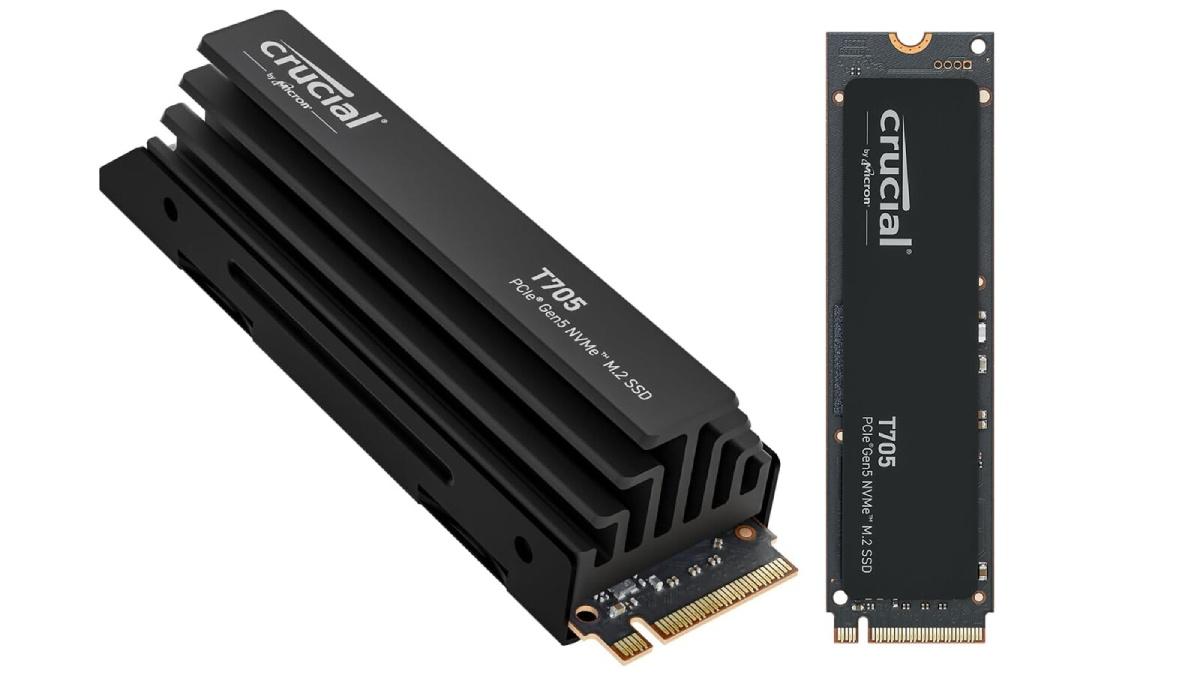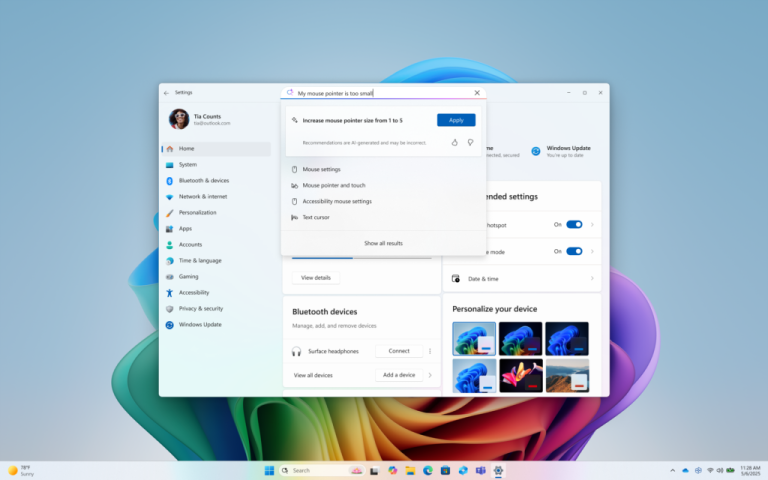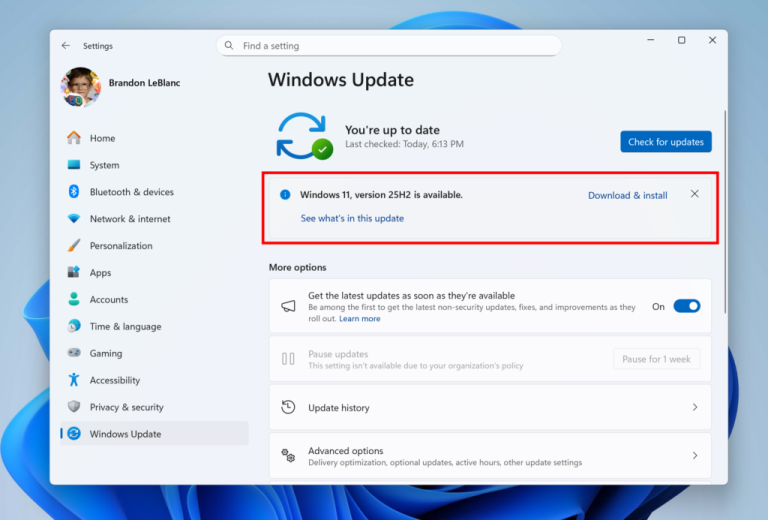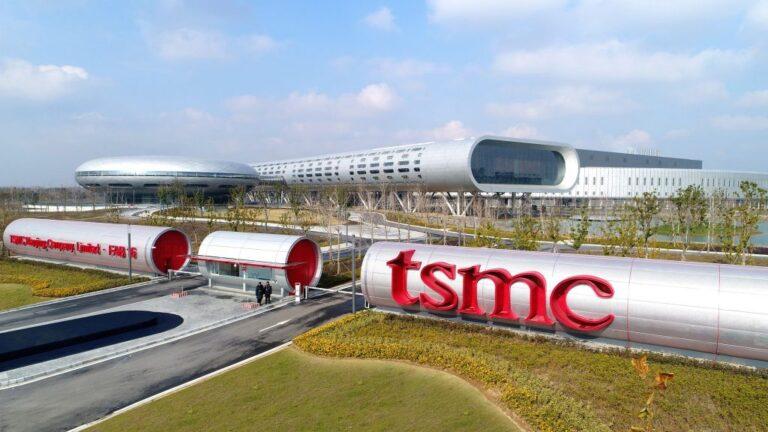
Microsoft has denied any connection between the August Windows 11 security update and the wave of complaints about storage drive failures. The investigation was prompted by reports from users claiming that, after installing patch KB5063878, their SSDs and HDDs began to malfunction or corrupt data.
The company acknowledged that it is aware of such incidents and is collecting detailed information from affected customers. However, internal testing and telemetry have not shown any increase in failure rates or cases of file corruption. Joint investigations with storage manufacturers likewise found no evidence linking the update to the reported issues.
The first reports of malfunctions came from users in Japan. The failures typically occurred during intensive write operations—for example, when copying large volumes or numerous files to drives filled beyond 60% capacity. Some devices recovered functionality after a reboot, but others remained completely inaccessible.
Similar complaints were lodged by owners of Corsair Force MP600, SanDisk Extreme Pro, Maxio SSD, Kioxia Exceria Plus G4, Kioxia M.2, as well as drives based on InnoGrit and Phison controllers. The latter even confirmed it was working with Microsoft and other partners to determine the cause of the incidents. The company emphasized that it understands the scale of the disruption and is conducting in-depth checks of the affected controllers.
Until further details are clarified, Windows 11 users are advised to avoid heavy write operations—such as copying tens of gigabytes of data to drives that are more than 60% full. Microsoft, for its part, has pledged to continue monitoring user feedback after each update and to investigate all new incidents thoroughly.





